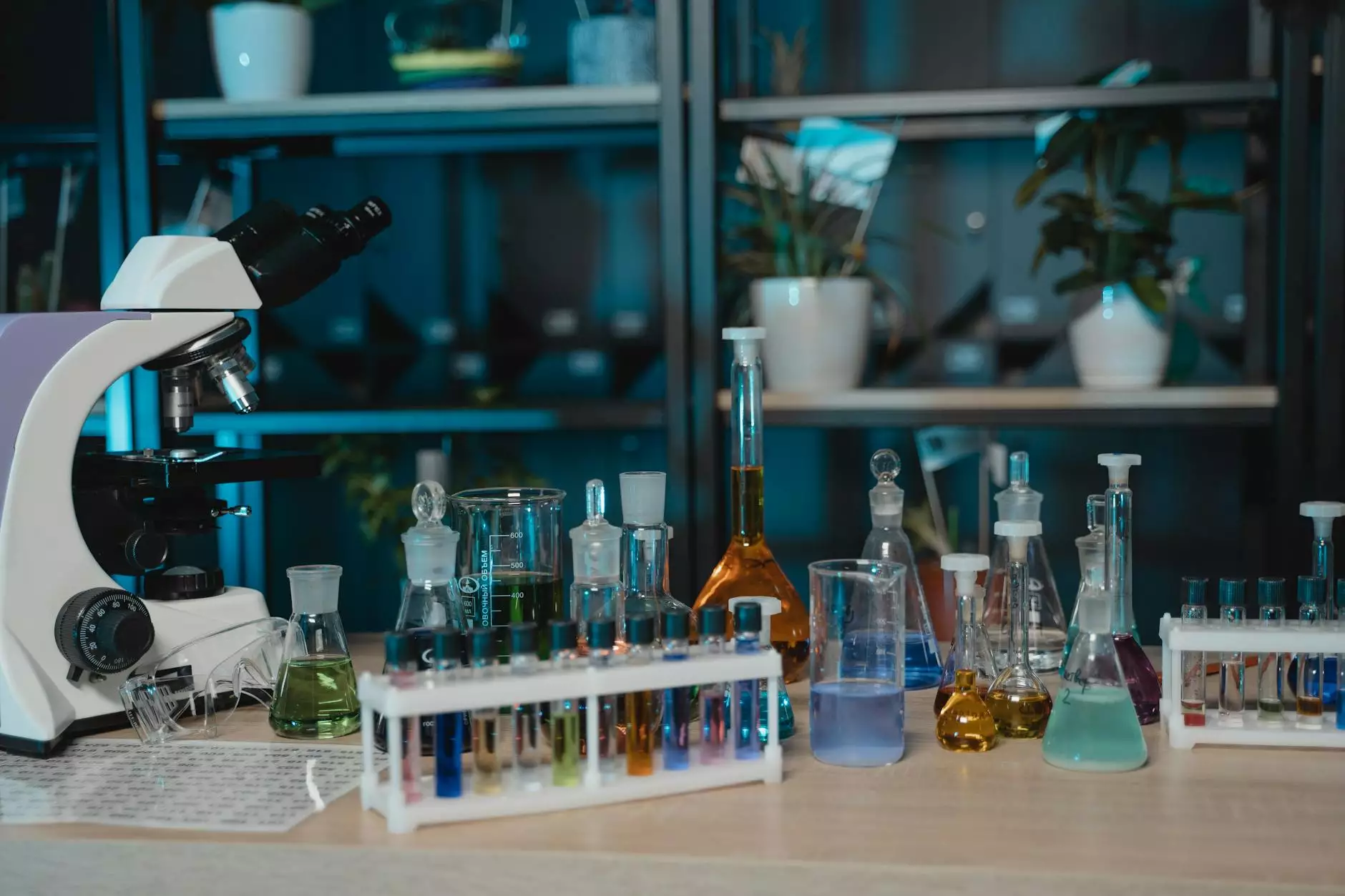Understanding Water Treatment Chemicals Suppliers

Water is essential for life, but the quality of water can significantly impact health, environment, and industrial processes. Water treatment chemicals suppliers play a crucial role in ensuring that water meets the required standards for various applications, from drinking water to industrial use. This article provides a comprehensive overview of the significance of water treatment chemicals suppliers, the types of chemicals they provide, and how to choose the best suppliers for your needs.
The Importance of Water Treatment
Water treatment refers to the processes and techniques employed to make water suitable for a specific purpose. These purposes can include:
- Potable water production - Making water safe for human consumption.
- Wastewater treatment - Ensuring that wastewater is treated before being released back into the environment.
- Industrial application - Using water in various industrial processes, which often requires specific chemical treatments to meet operational standards.
- Irrigation - Treating water for agricultural use to promote optimal plant growth.
The demand for clean water and effective treatment solutions has led to the growth of the water treatment chemicals suppliers market.
Types of Water Treatment Chemicals
Water treatment chemicals are varied and serve different purposes in the treatment process. Here are some common types:
1. Coagulants
Coagulants aid in the removal of suspended solids in water by aggregating them into larger particles that can be easily removed. Common coagulants include:
- Aluminum sulfate (alum)
- Ferric sulfate
- Polymeric coagulants
2. Flocculants
Flocculants assist in the clumping together of particles, making it easier to remove them from water. They often work in tandem with coagulants and can be either ionic or non-ionic. Examples include:
- Anionic flocculants
- Cationic flocculants
- Non-ionic flocculants
3. Disinfectants
Disinfectants are used to kill bacteria and viruses in water. Some commonly used disinfectants include:
- Chlorine
- Chloramine
- Ozone
- Ultraviolet (UV) light
4. pH Adjusters
Maintaining the appropriate pH level in water is crucial for many treatment processes. pH adjusters help in:
- Lowering pH with acids like sulfuric acid
- Raising pH with bases like sodium hydroxide
5. Corrosion Inhibitors
These chemicals help prevent the corrosion of pipes and equipment, which can lead to leaks and costly repairs. Common corrosion inhibitors include:
- Phosphates
- Boric acid
- Sodium silicate
Choosing the Right Water Treatment Chemicals Suppliers
Identifying the right water treatment chemicals suppliers is vital for the success of your water treatment processes. Here are essential factors to consider:
1. Experience and Reputation
Look for suppliers with a strong track record in the industry. Research customer reviews and testimonials to gauge their reputation.
2. Product Range
A competent supplier should offer a comprehensive range of water treatment chemicals to cater to different needs. This includes coagulants, flocculants, disinfectants, and more.
3. Quality Assurance
Ensure that the suppliers adhere to strict quality control measures and provide certifications for their products. This guarantees that you receive high-quality, effective chemicals.
4. Technical Support
Choosing a supplier that offers technical support can be beneficial in optimizing your treatment processes and troubleshooting any issues that may arise.
5. Cost-Effectiveness
While price should not be the sole determinant, ensuring that you receive quality chemicals at a competitive price is crucial for business sustainability.
Regulatory Compliance and Safety
When dealing with water treatment chemicals, understanding and adhering to regulatory requirements is essential. Compliance with guidelines set by organizations such as the Environmental Protection Agency (EPA) or the World Health Organization (WHO) ensures that your water treatment processes are safe and environmentally friendly.
Moreover, suppliers should provide Material Safety Data Sheets (MSDS) for their products, detailing the handling, storage, and disposal requirements, ensuring safety at every stage of the treatment process.
Market Trends in Water Treatment Chemicals
The global market for water treatment chemicals is evolving rapidly. Key trends include:
1. Eco-Friendly Chemicals
With growing environmental concerns, there is a shift towards eco-friendly and biodegradable water treatment chemicals. Suppliers that offer sustainable alternatives are gaining popularity in the market.
2. Digital Transformation
The adoption of technology such as IoT and AI in water treatment processes is on the rise. Suppliers that integrate technology solutions into their offerings are more likely to stand out.
3. Customization
Different industries have unique water treatment requirements. Suppliers that offer customized chemical solutions tailored to specific needs are attracting more customers.
Conclusion
In conclusion, water treatment chemicals suppliers are integral to maintaining the quality of water across various applications. By understanding the importance of these suppliers, the types of chemicals available, how to choose effectively, and the current market trends, you can make informed decisions that enhance your water treatment operations.
At Eurochem Supplies, we take pride in providing a comprehensive range of high-quality water treatment chemicals. Our commitment to excellence and customer support positions us as a leading supplier in the industry. By partnering with us, you can ensure optimal water quality, regulatory compliance, and environmental responsibility.
Contact us today to learn more about our products and how we can support your water treatment needs!



